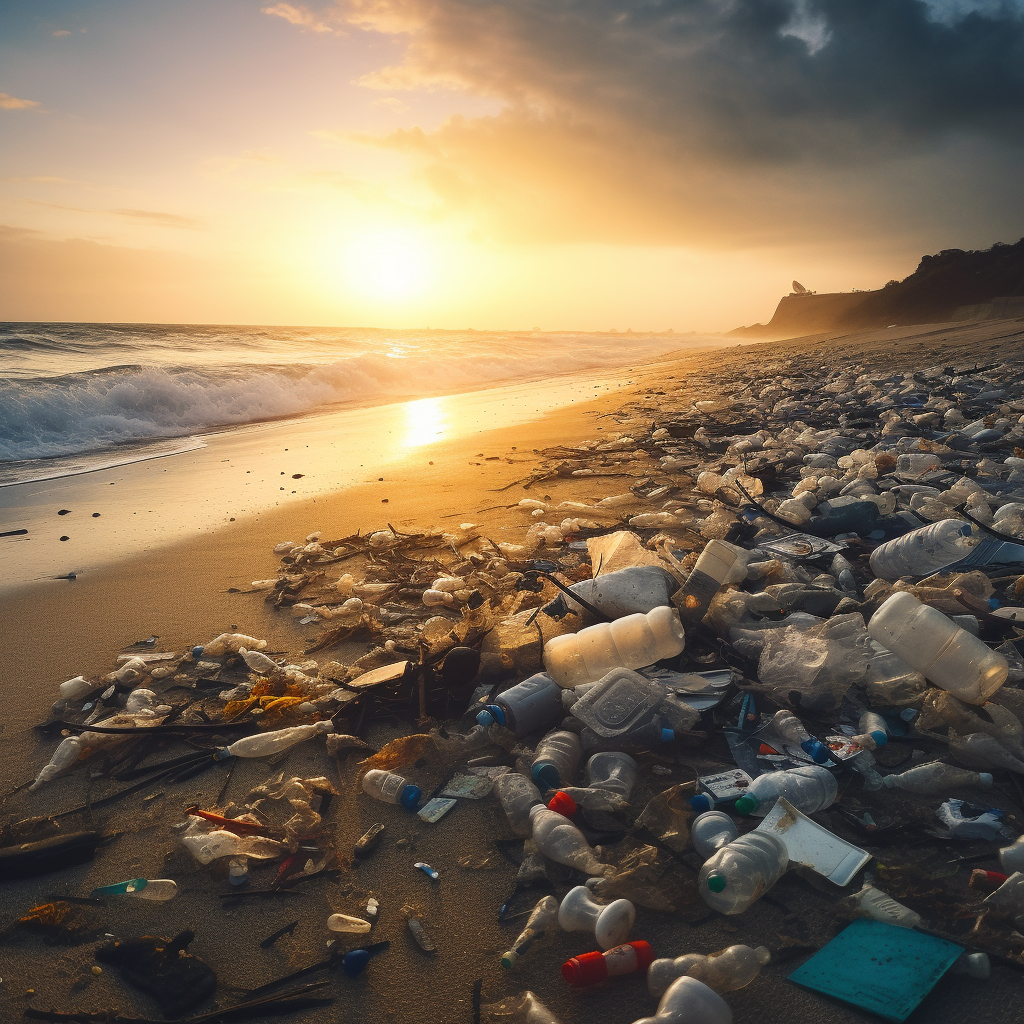October 23, 2023
Shifting Focus on Plastics Production and Climate Change
Book a Demo
Recent research indicates that carbon leaching from existing plastic pollution may not be as detrimental to the environment as once thought. The study finds that it has a negligible impact on climate change. This revelation shifts the focus to the production of new plastics, which contributes to 4.5% of total global emissions, posing a more significant concern for climate change.
The research primarily looked at plastics carbon, a form of dissolved inorganic carbon. It concluded that this type of carbon has limited potential to influence climate change. This finding is backed up by modelling studies which found that, over a century, plastics carbon increased atmospheric CO2 concentrations by only 1ppm.
Despite these findings, the production of plastics continues to contribute to global emissions. It’s a concern that a plastics pollution treaty currently under development could help address. This proposed treaty aims to tackle the increase in climate change effects due to plastic production.
The research team investigating the impact of plastic pollution on climate change included Karin Kvale, Andrew Weaver, and Natalia Gurgacz. They used an Earth system model to carry out their research. Their findings indicate that even under a scenario where all plastic projected to be produced in 2050 would be burned, the atmospheric CO2 increase would still be relatively small.
Despite the limited impact of carbon leaching from plastics, the authors of the research advocate for a legally binding plastics pollution treaty. They believe this is vital to address the growing contribution of plastics production to climate change. Their research suggests that while the effects of carbon leaching from plastic may be negligible, the production of new plastics and its contribution to global emissions is a cause for concern.



